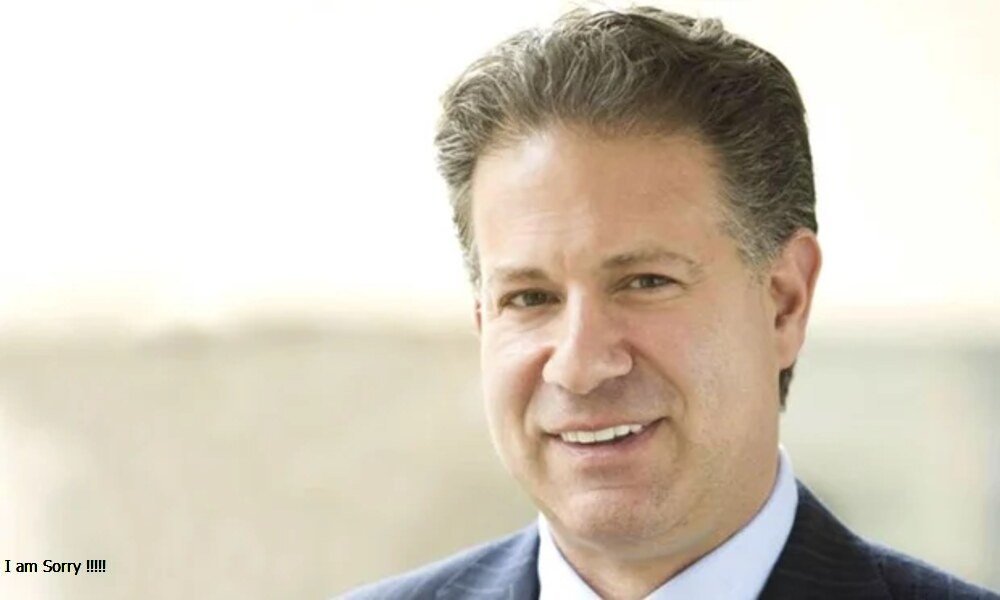Introduction
Trajector Medical has long presented itself as a supportive ally for U.S. veterans seeking assistance with their VA disability claims. Promising to simplify a complex system, the company offers medical documentation services to strengthen a veteran’s case for benefits. However, recent legal troubles have brought Trajector Medical into the spotlight for all the wrong reasons. In 2025, lawsuits and official investigations into the company have raised serious questions about the legitimacy of their practices and their impact on vulnerable veterans.
The growing scrutiny is not just a legal matter; it’s a warning sign for veterans and their families who may be considering or already using Trajector Medical’s services. The lawsuits allege unethical practices, excessive fees, and misleading claims that could endanger veterans’ ability to obtain the benefits they deserve successfully. This guide is written to inform, protect, and empower veterans by shedding light on the ongoing “Trajector Medical lawsuit” and what it means for those involved.
What Is Trajector Medical?
Trajector Medical is a private company that markets itself as an advocate for disabled veterans. Their primary offerings include preparing medical nexus letters, documentation of service-connected conditions, and assistance in preparing the medical evidence required for VA disability claims. Unlike Veterans Service Organizations (VSOs) or VA-accredited representatives, Trajector operates as a for-profit entity and charges clients directly for its services.
Many veterans turn to Trajector Medical, believing they will receive specialized, expert assistance in navigating the VA’s notoriously complicated benefits system. The company claims to work with licensed medical professionals to build strong cases, supposedly increasing the odds of approval. However, Trajector Medical is not accredited by the VA, and its staff is not authorized to represent veterans in the same way recognized advocates can. This distinction has become crucial in light of the recent lawsuits.
The Core of the Trajector Medical Lawsuit
Trajector Medical’s lawsuits stem from multiple allegations made by former clients and regulatory bodies. Several state attorneys general and the Federal Trade Commission (FTC) are investigating the company’s business practices. Key claims include misleading veterans into thinking the company is VA-endorsed, charging illegal or excessive fees, and providing boilerplate medical evidence that lacks the specificity needed for VA claim approval.
One major issue raised in legal filings involves the timeline of service agreements. Some veterans allege they were locked into unclear or deceptive contracts in their language. As of early 2025, class-action lawsuits are underway, and more individual complaints are being reviewed. The legal process is ongoing, with decisions expected to set important precedents for how for-profit claim assistance companies operate in the veteran services space.
Top Allegations Against Trajector Medical
The most significant allegations against Trajector Medical include the unauthorized practice of law, where the company is accused of offering legal-style advice without proper accreditation or oversight. Additionally, clients have reported being charged thousands of dollars upfront or via payment plans tied to their eventual VA benefits payout.
Other serious concerns revolve around the quality of medical documentation provided. Numerous veterans claim that the nexus letters they received appeared generic, lacked personalized medical evaluations, or failed to establish a strong connection between their military service and medical conditions. This wastes time and money and may actively hurt a claim’s chance of success.
Another key point in the lawsuits is the lack of transparency. Veterans state that they were not informed of the company’s limitations or how their services compare to free, accredited options. This confusion has led many to believe they were receiving the highest standard of care when they may have been misled.
Impact on Veterans and Their Disability Claims
The fallout from working with Trajector Medical can be severe. Veterans rely on timely, accurate, and legally sound applications for much-needed financial support and healthcare. If their claims are delayed or denied because of substandard assistance, it can create cascading financial and emotional consequences.
Many clients have described how the experience with Trajector left them disillusioned and financially strained. Being charged hefty sums for ineffective or flawed services puts veterans in an even more vulnerable position. In some cases, veterans have been forced to restart the entire claims process or seek new representation to correct the damage done.
The emotional toll of being misled is just as significant. Veterans often experience anxiety, stress, and loss of trust when they realize the organization they counted on was not acting in their best interest. These are not just transactional complaints but justice, respect, and accountability issues.
What the VA and Regulatory Agencies Say
The Department of Veterans Affairs has issued multiple warnings about using unaccredited claim assistance services. The VA states clearly that only VA-accredited attorneys, claims agents, and VSOs can represent veterans in benefits claims. Trajector Medical does not meet these criteria.
In response to growing concerns, the VA and other agencies have launched VSAFE (Veteran Scam and Fraud Education) to inform veterans of potential risks in the claim assistance market. The Federal Trade Commission is also looking into several for-profit firms, with Trajector Medical among the top names of concern.
State-level investigations are also picking up steam. Some state attorneys are considering legislation to regulate better private companies operating in the veterans’ benefits space, particularly those that charge fees before any successful outcomes.
Veteran Testimonials and Public Reactions
Online reviews and testimonials about Trajector Medical paint a mixed but increasingly negative picture. While some clients have expressed satisfaction, citing successful claim approvals, many have voiced serious concerns. Common complaints include high-pressure sales tactics, long service delivery delays, and poor customer support.
In the past year, the company has received a flurry of low-rated reviews on platforms like Better Business Bureau (BBB) and Trustpilot. Veterans advocacy groups have also stepped in, calling for stricter oversight and recommending that veterans use only VA-accredited representation.
Social media campaigns are emerging, with hashtags like #ProtectVeterans and #TrajectorLawsuit being used to raise awareness. These grassroots movements highlight a growing dissatisfaction and a demand for accountability.
Safe Alternatives for VA Disability Claims Help
Veterans have access to safer, more reliable alternatives when seeking assistance with their disability claims. VA-accredited representatives, such as attorneys, claims agents, and Veterans Service Organizations (VSOs), offer free or low-cost help. Organizations like DAV (Disabled American Veterans), VFW (Veterans of Foreign Wars), and American Legion have trained advocates who understand the VA system inside and out.
These accredited services are bound by VA regulations, ensuring transparency and ethical conduct. They cannot charge excessive fees and must always act in the veteran’s best interest. Veterans can verify accreditation by visiting the VA’s Office of General Counsel website, which maintains an updated list of approved representatives.
Choosing the right help is not just a financial decision—it’s a legal safeguard. Accredited representatives are trained to prepare strong claims while ensuring the veteran is fully informed.
What to Do If You Used Trajector Medical
If you’ve used Trajector Medical and feel misled or financially exploited, there are steps you can take. Start by reviewing any contracts or agreements you signed. Seek legal advice if you’re unsure of your rights. You can also file a complaint with the Federal Trade Commission, the VA, or your attorney general’s office.
Veterans who believe their claims were harmed due to poor-quality documentation or advice should consider switching to an accredited representative. This may involve restarting portions of the claim, but doing so with proper support dramatically increases the chances of success.
Support groups and advocacy organizations can also assist veterans in navigating these transitions. Legal aid clinics and veteran-focused nonprofits are available in many areas and often provide free services.
Conclusion & Call to Action
The “Trajector Medical lawsuit” is more than a legal issue; it’s a wake-up call for the veteran community. As for-profit companies continue to enter the VA claim assistance space, veterans must stay vigilant and informed. Understanding the risks, knowing your rights, and choosing accredited help can make all the difference.
Veterans and their families deserve transparency, ethical treatment, and practical support. Share this article to help protect others from making costly mistakes. And if you’ve already been affected, take action today to seek justice and proper assistance. The path to securing the benefits you earned should be clear, fair, and honorable, not clouded by legal loopholes and corporate greed.
Do Read: Vintage Broncos Ford Lawsuit: Inside the Legal Showdown















